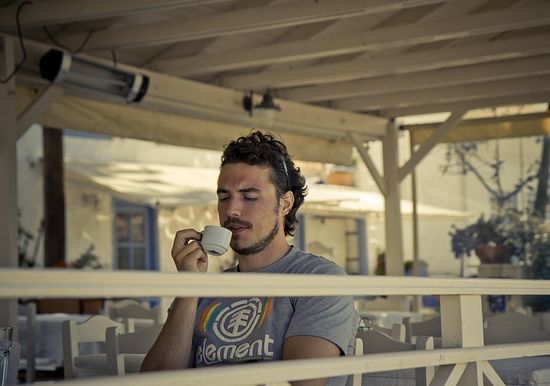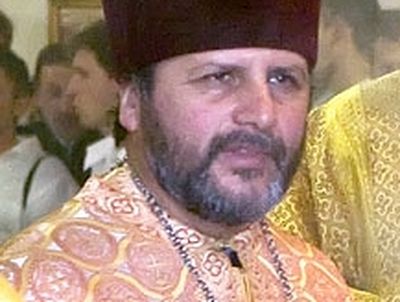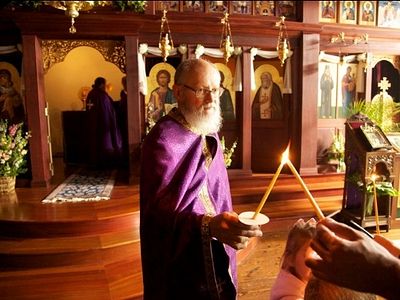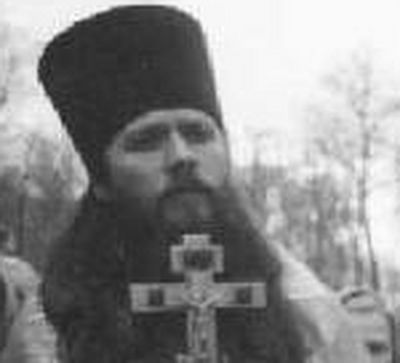SOURCE: The American Conservative
By Rod Dreher

Sorry I’ve been silent this morning. I taught a class of homeschooled teenagers a class on Dante’s Inferno this morning. I do not like public speaking and don’t think I’m very good at it (too self-conscious), but boy, was it fun talking about Dante.
While I was babbling on about Paolo and Francesca, a friend and reader of this blog sent this Christianity Today article by a church-leaving, church-returning Millennial talking about the experience of falling away from church (as she says 60 percent of her generation will do at some point) and returning. Here’s what they did after they quit going to church:
We attended book clubs that we found from craigslist postings on the Internet. We sat in some stranger’s house with a glass of wine, and we felt strangely free to express our opinions. We said what we thought about the book. We asked questions. We wondered aloud what the author was trying to say about hope.
We batted around ideas, feather-light and beautiful, and we thought briefly of all of the Bible studies we attended. Those times when we kept our complex, doubt-filled questions bottled up in our hearts because we couldn’t figure out a way to ask them.
Back then, we were in search of a place where we fit. We were leaving the churches where we grew up. The youth groups where we took our first wobbly steps toward whoever it was that we were going to become.
We knew it wouldn’t be pizza parties and camping retreats and yellow buses heading toward Florida – this new, grown-up church experience. But we expected belonging. We expected grace and support and love.
For a while we tried, moving from one church to another. We were never looking for perfection. We weren’t that naïve. We couldn’t even name what we were looking for – a fit, a holy place, some siren song calling us home.
Some of us searched longer than others, but in the end we faded out. We were looking for Jesus. Instead we found programs, guilt, and awkward small talk. We found fog machines and Five-Simple-Steps-to-Spiritual-Growth and fill-in-the-blank Bible studies.
So we started sleeping in on Sunday mornings. We went to the farmers market and bought good things straight from the earth. We drank our morning coffee at small café tables outside, and people walked by with their dogs at a slow, Sunday-morning pace. It felt more like rest to us than those chaotic church mornings, when we moved through the loud small talk of the church foyer and felt invisible.
Some of us went to neighborhood bars after work or late at night, and we were surprised to find that all we had to do was sit down at the bar. All we had to do was sit down, and we were part of that place, that crowd, that beautiful mosaic of people, all of them broken in their own ways – few of them pretending otherwise.
In other words, she (they; she’s writing imaginatively) found real community elsewhere. Not a formula. Not a program. Not “community” but something organic. But if you read on, she says they didn’t find real spiritual fulfillment away from the church, either. Her conclusion sounds forced, but I think I get what she’s talking about when she said she had to break through the accretions of “Christian culture” to find the true and honest community — and communion — that was there all along.
I hear in this writer’s voice the point Pope Francis made in his sermon the other day: to say prayers is not the same thing as praying. That is, the outward manifestations of culture — the liturgy, the prayers, the church programs, etc. — are only valuable if they lead one to a real encounter with the living God. The friend who sent me this article writes:
What I found striking about this article is that a lot of the real needs people are seeking fulfillment for when they leave, it seems like the Orthodox Church does a far better job of addressing by its very structure. You are more conscious of the community of saints, living and dead, who cheer you on (connected to the running described in the article). You are more conscious of the way the disciplines shape and renew and it is simply expected that everyone will participate in them. You are more aware of the church as a living representation of Christ and less focused on programs and what everyone is doing to volunteer for this or that activity that no one really has time for in their life anyway. You are more aware of the value of the senses in worship (which comes up in the article in the context of coffee and farmer’s markets). Not that these things can’t be done well in other churches, but they are innate to Orthodox worship. I don’t expect to become Orthodox myself for a number of reasons, but sometimes when you write about it, I feel some jealousy and longing and this article reminded me of that as well.
I think this is true, but I would offer a strong caution. It is possible to get lost in Orthodox culture too, and experience it as a barrier to theosis (union with God, the summit of the Christian life) rather than an aid to it. What keeps me from being too satisfied as a practicing Orthodox Christian is the story of my Greek friend who became an Evangelical in college because his home church was all about worshiping the tribe (as he tells it). Another Greek friend who had the same experience, and who became an Evangelical in college, was often surprised to learn certain things about Orthodox practice from me. He said he’d gone through Orthodox school from kindergarten through his senior year in high school, and had never heard of fasting, or anything like it.
The point is, anything can become a false idol.
Having said that, I do believe the friend who wrote me is correct. It goes back to the lesson in the Terrence Malick film To The Wonder, at least in part. The experience of wonder — of the awe of the divine — has to be grounded and bounded in something for us to hold on to the experience of it in the everyday. As regular readers know, I’ve been following a prayer rule for the past 11 days, a pretty strict one. This morning, I was up early praying the Jesus Prayer on the prayer rope, and it just wasn’t happening for me. It seemed rote. I was not in the flow. Yet I kept doing it, because there have been mornings when the presence of God felt so near it was as if He were standing next to me. This stuff is not magic; you have to practice the presence of God to make your heart (or, as the Orthodox would say, yournous), more sensitive to the truth that He is always there. For someone as easily distracted as I am, and given to flights of fancy, the structure, the practices, and the imaginative universe of Orthodoxy serves to keep me more connected to the reality of God and others. But like I said, it’s not magic. If you don’t have your will rightly ordered, these things will only get you so far.
What do you think?



